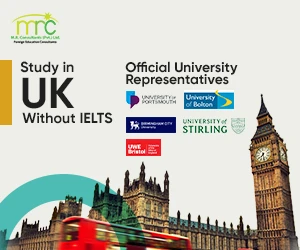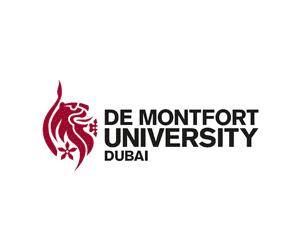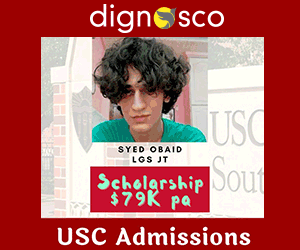MORE than 150 overseas students returning to Australia in the last financial year were intercepted by immigration authorities at the airport over visa breaches and put on a plane home within 72 hours.
Indians were the largest group (55) with student visas cancelled at the airport, followed by Chinese (37). And of the 470,221 people who arrived on a student visa, almost 9000 were questioned by immigration officials.
The figures were released by the Department of Immigration and Citizenship following an application by the HES under Freedom of Information legislation.
In 2010-11, the most common breach leading to cancellation of a student visa at the airport was failure to maintain an enrolment or no longer attending classes. Of the 159 with visas cancelled, 151 were sent home within 72 hours. Most had vocational education visas (84) or higher education visas (66).
Migration agent Jonathan Granger said although 159 cancellations was a small number, DIAC's message would be quickly and widely spread through social media used by students.
Monash University's Chris Nyland, who has written about the plight of international students, said students planning to go overseas should be able to get a document from their institution showing there were no problems of the kind that could get their visa cancelled. "It would say you have permission to leave and you are in good standing at the university," he said.However, Federation of Indian Students of Australia spokesman Gautam Gupta said the airport crackdowns were "perceived to be retribution because students protested" against attacks on Indian students in 2009.
Mr Granger described the interceptions as part of "a cat and mouse game" between DIAC and offshore agents.
A few years ago, when cookery and hairdressing were easy routes to permanent residency, Indian agents packaged these vocational courses with higher education, making it easier to secure a visa. However, there was never any intention to go on to the higher education course and some of these students were believed to be among those caught at airports, he said.
If they were allowed back in the country, they could get bridging visas with full work rights and pursue skilled migration, adding to DIAC's backlog.
In February, when the HES reported the airport crack-down, immigration lawyer Michael Jones said students had no right to independent review of a visa cancellation unless they could get back into the country. He said appeals against visa cancellations had a high success rate because private colleges often had unreliable records.
"How is the student supposed to prove that [kind of objection to a cancellation] in the 10 minutes the student is given at the airport?" he said.
However, a DIAC official said: "Visa cancellations at the border are conducted under strict natural justice rules. Officers will weigh all relevant factors for and against the cancellation."
Mr Gupta said a student stepping off a long flight, with no legal representation and sometimes poor English, could not get natural justice in a short interview.



.gif)


 1178
1178
 0
0




























